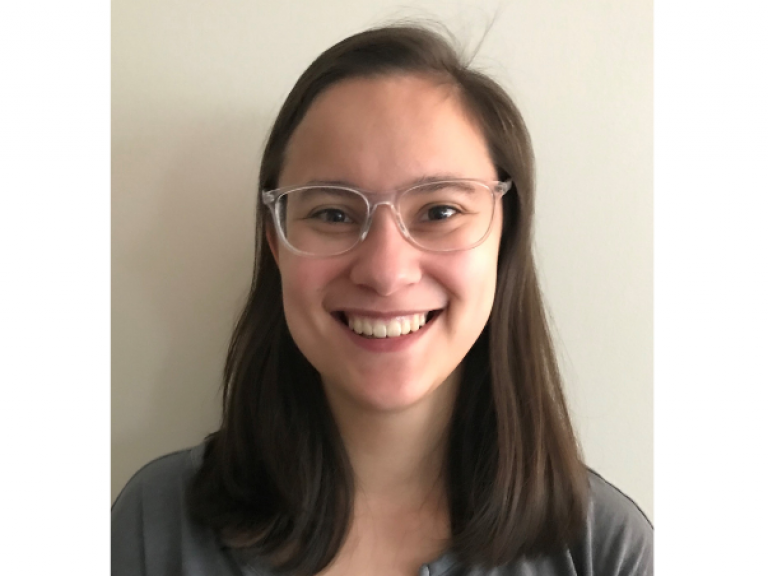
The times of my life that I had the most difficulty taking care of myself due to my mental health shaped my appreciation of basic self-care: brushing my teeth, taking a shower, cleaning my apartment. Even before I knew of occupational therapy as a profession, I had curiosity: What is difficult about doing these things, and why? When I started the Doctor of Occupational Therapy (OTD) program at Pitt, the passion and framework to support everyday engagement in life felt like I found a long-lost missing piece of the puzzle.
I carried this curiosity into all parts of my life and began to see opportunities for occupational therapy (OT) everywhere. Whether appreciating my transgender friends’ joy in gender affirming activities of daily living, exploring OT’s role in mental health, or supporting the homeless population, trust and intimacy are required to be welcomed into understanding someone’s daily life, hopes and challenges.
When I joined the organization Street Medicine at Pitt in 2021, I felt self-conscious about what I could offer to a stellar team of EMTs, physicians and medical students. The first night I arrived at the winter homeless shelter in downtown Pittsburgh, I realized the value in offering the OT perspective. Instead of asking people about their medical needs first, we begin with an offering of basic needs such as food, water and clothing. Then we get to know each person at an individual level, asking about their day, jobs they are working, contact with family members, access to food and any other basic needs. Even if not in an “OT setting” I used my understanding of the scope of occupational therapy, skills in motivational interviewing and activity analysis.
I have been hooked since that first week with Street Medicine at Pitt. Each Wednesday I walk home from Bridgeside Point or fieldwork, gather my supplies and head out for an evening of street rounds. In between talking to people we encounter on the streets, I get to know my colleagues and discuss our perspectives. Outside of a clinical setting, the health care hierarchy disappears as we discuss the impacts of power dynamics and health inequity and brainstorm solutions. I initially joined the leadership board to support the interprofessional nature of the team and have now transitioned into the role as president to coordinate the organization as a whole.
As I enter into my third year of the OTD program at Pitt, I am excited to bring this curiosity and passion for OT into my capstone project. I hope to use my career in occupational therapy as a solution for everyday challenges, particularly for underserved populations that typically do not receive OT services.
Written by:
Julia Lam
Doctor of Occupational Therapy '23
